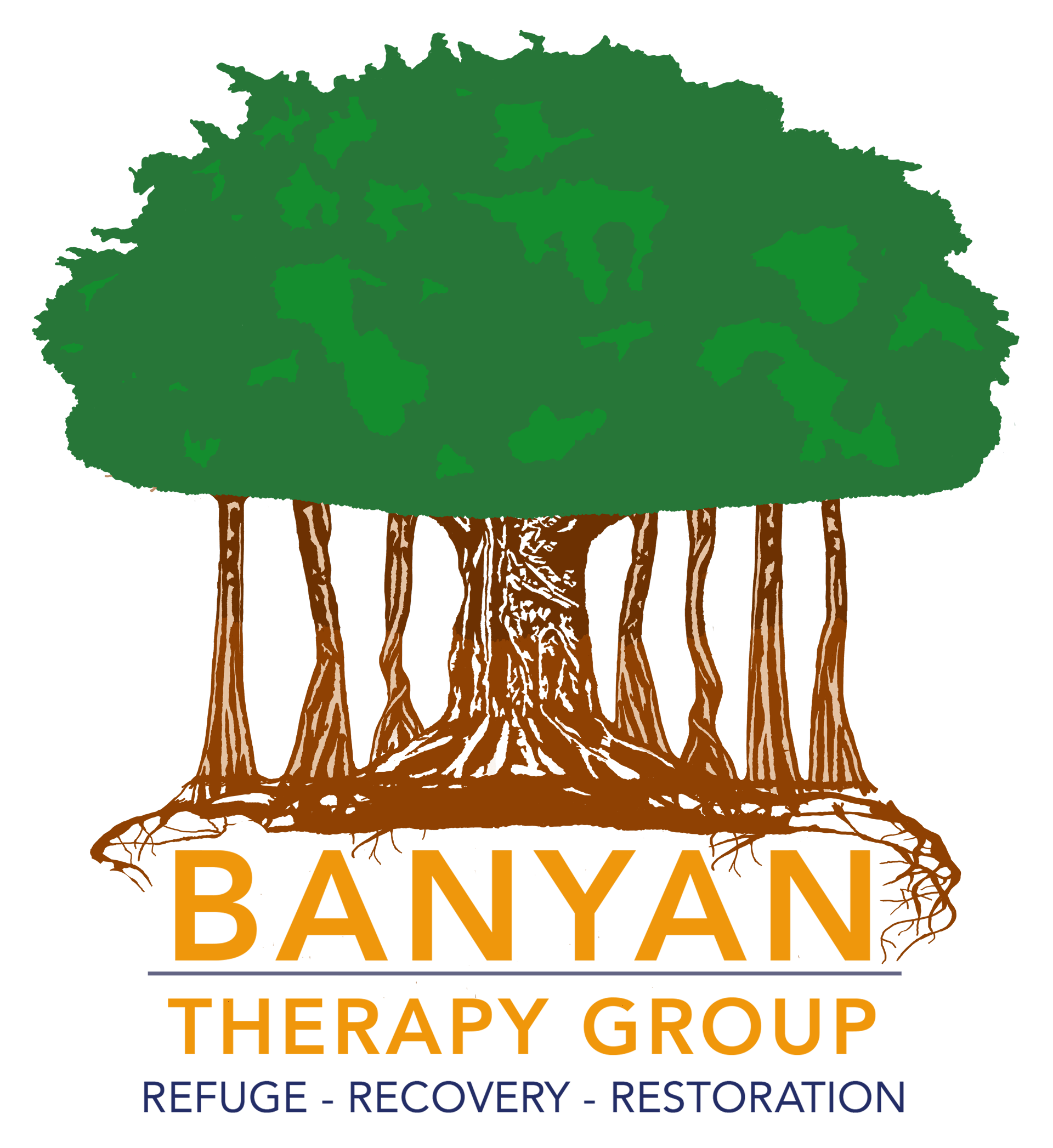Sexual Addiction & Compulsivity
Stefanie Carnes & Suzanne O’Connor (2016) Confirmatory Analysis of the Partner Sexuality Survey, Sexual Addiction & Compulsivity, 23:1, 141-153.
DOI:
10.1080/10720162.2015.1039151
Study type:
Quantitative
Sample size:
8667
Demographics:
Individuals visiting the website www.recoveryzone.com were offered access to free screening tests, including the Partner Sexuality Survey (PSS). Archival data collected from completed PSS surveys between August 2009 to April 2012 comprised the data sample. Seventy percent of the sample reported having a husband who was a sex addict, and 84% were still in the relationship. Two percent of participants were in a homosexual relationship.
Key findings & quotes: The Partner Sexuality Survey (PSS) is a 78-item questionnaire that was developed to
identify the impact of sex addiction on the sexuality of the partner.
- The consequences experienced as a result of the sex addiction included:
o Family Conflict: 64.6%
o Public Embarrassment: 40.1%o Health Consequences: 38.5%o Financial Damage: 34.8%o Loss of Friends or Other Supportive Relationships: 33.9%o Children Damaged Emotionally: 27.6%o Other: 23.5%o Loss of Employment: 9.3%.
- Partners reported the following histories of abuse:
o Emotional Abuse as a Child: 36.5o Emotional Abuse as an Adult: 35.8o Sexual Abuse as a Child: 24.5o Neglect as a Child: 18.3o Physical Abuse as a Child: 15.7o Sexual Abuse as an Adult: 12.9o Physical Abuse as an Adult: 12.2
- Participants overwhelmingly reported that the addiction (95%) and the hiding of sexual behaviors (93%) had caused a disturbance in the primary relationship.
- Findings support prior research which reveals partners of sex addicts experience significant trauma-related symptoms as a result of discovery or disclosure, and that the impact of the sex addiction on partners’ sexuality is multifaceted and deserves special clinical attention.
- Relational sexual difficulties were strongly positively correlated with sexual aversion (.67) and broken trust (.60).
- Partners with higher rates of sexual shame had higher scores on body image issues (.54) and feeling obligated to have sex with the addict (.42).
Blurred Lines
Photo by: John Doe
Button
The Association of Partners of Sex Addicts Trauma Specialists (APSATS) has been approved by NBCC as an Approved Continuing Education Provider, ACEP No.7435. Programs that do not qualify for NBCC credit are clearly identified. The Association of Partners of Sex Addicts Trauma Specialists (APSATS) is solely responsible for all aspects of the programs.
The Association of Partners of Sex Addicts Trauma Specialists
p. (513) 847-2342
2722 Erie Ave Ste 219 PMB 658610
Cincinnati, Ohio 45208-2154
© 2025
All Rights Reserved | APSATS
Website by WebX Design With APSATS Mktg.
© 2025
All Rights Reserved | APSATS
Website by WebX Design
With APSATS












